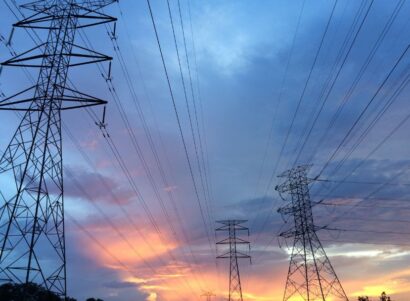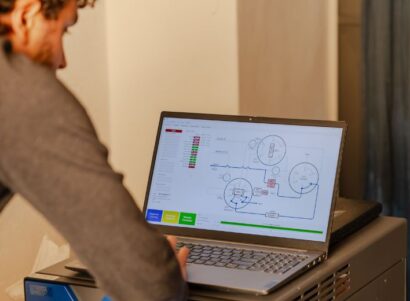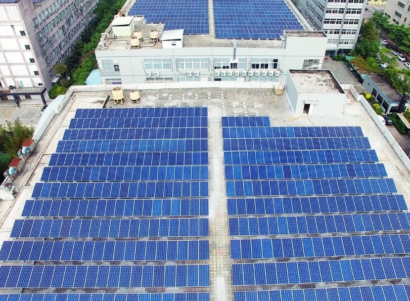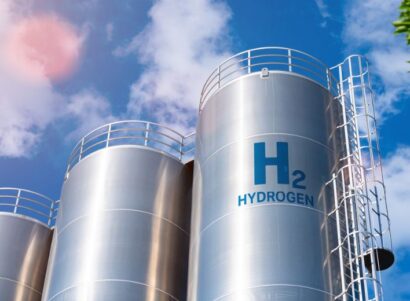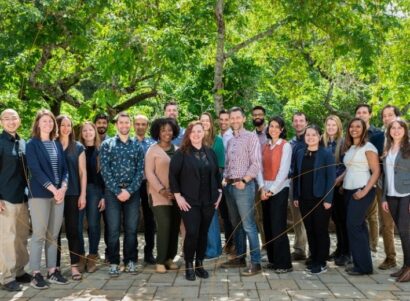PSE Energy Quarterly is the newsletter of Physicians, Scientists, and Engineers for Healthy Energy, a nonprofit research institute dedicated to supplying evidence-based scientific and technical information on the public health, environmental, and climate dimensions of energy production and use.
Featured
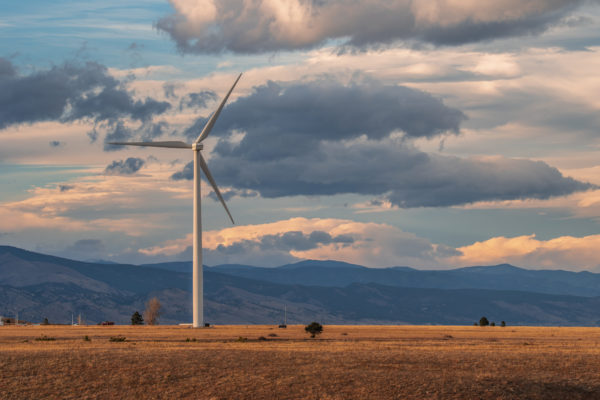
Read about PSE’s Western States Deep Decarbonization reports in Canary Media.
News Briefs
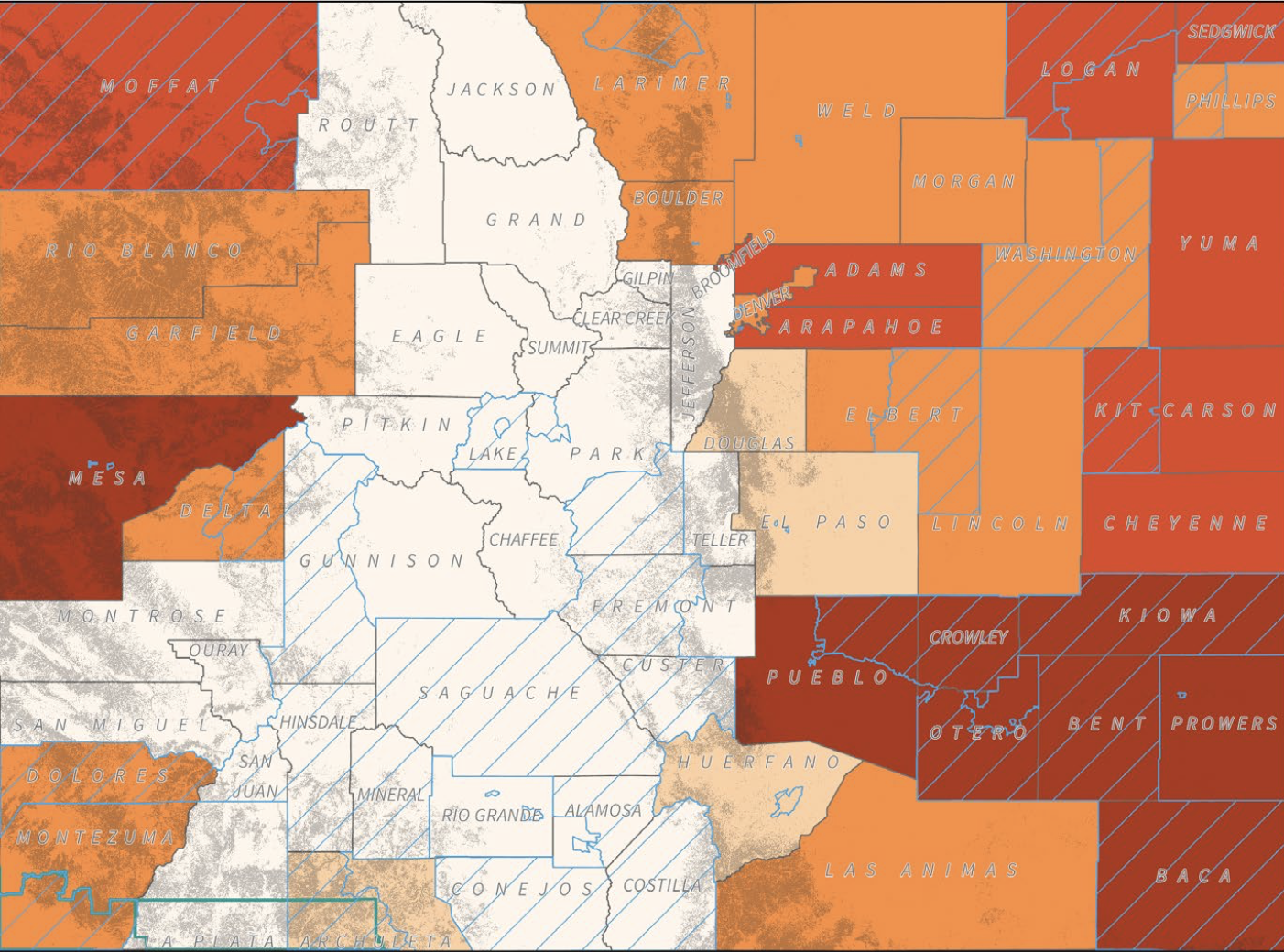
Federal and state climate policies create an opportunity to simultaneously address historic pollution and economic burdens imposed by our existing energy systems. In August, PSE released an in-depth analysis of pathways to meet 2020-2050 emissions targets in New Mexico and Nevada. The two new reports complement our previous research in Colorado and offer strategies to maximize the health, environmental, and social benefits of decarbonization. Read more about our findings in the blog from Senior Scientist Dr. Boris Lukanov and Scientist Audrey Smith. View the full reports on our website.
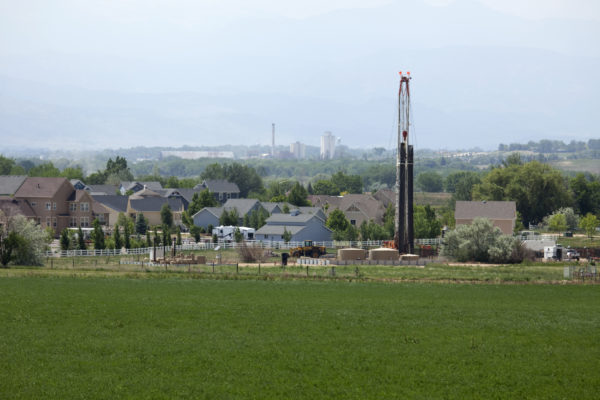
In April, PSE senior scientist Dr. Drew Michanowicz and colleagues at the Center for Climate, Health, and the Global Environment at Harvard University’s T.H. Chan School of Public Health, published the first study to examine the effectiveness of minimum surface setback regulations for unconventional natural gas development or “fracking.” The study found that frequent use of regulatory exemptions and variances may undermine the effectiveness of these public health protections. Read more about the report findings in our press
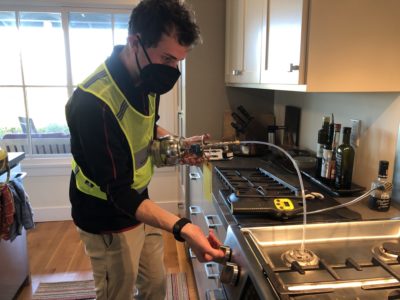
What is in natural gas besides methane? PSE researchers are taking gas samples directly from gas stoves in kitchens across the United States and soon internationally to find out! The studies examine the relationship between natural gas, indoor air quality, and human health and will help identify potential health hazards of unburned natural gas. If you live in California, sign up to volunteer your kitchen stove.

PSE’s Director of Research Dr. Elena Krieger has been appointed to California’s Disadvantaged Communities Advisory Group. The 11-member group is legislatively mandated to review how the California Energy Commission’s and the California Public Utility Commission’s clean energy programs and policies benefit disadvantaged communities. Dr. Krieger has also been selected to join the National Academies of Sciences, Engineering, and Medicine’s New Voices in Science, Engineering, and Medicine Program. Learn more about the New Voices program on our website.
Meet PSE’s New Team Members
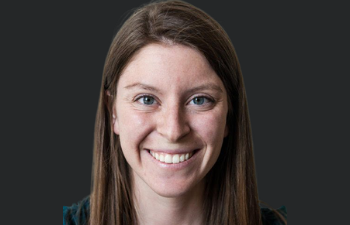
Dr. Kelsey Bilsback will be joining PSE Healthy Energy as a senior scientist in August. During her PhD, Dr. Bilsback pioneered the development of a novel laboratory test protocol for solid-fuel cookstoves and helped lead field campaigns to evaluate cookstove emissions in Uganda, India, China, and Honduras. Recently, she has been using atmospheric models to assess the air quality, health, and climate impacts of energy transition policies. Dr. Bilsback has a PhD in Mechanical Engineering from Colorado State University and a BA in Physics from Boston University.

Jackson Goldman joins PSE from the Center for Resource Solutions (CRS), a national nonprofit focused on policy and market solutions to advance sustainable energy. As a verification associate at CRS, Goldman helped build reliability and integrity in the clean energy market, assisting in the organization’s third-party green energy verification process. As a field coordinator at PSE, he will focus on the public health implications of natural gas use. Goldman graduated from the University of California, Berkeley, in 2020 with a BS in Conservation and Resource Studies.
PSE in the Media
- Canary Media: How to cut carbon emissions while advancing environmental justice in the US West
- Berkeley Lab: Empowering a Neighborhood to Breathe Easy
- Energy News Network: Could batteries replace a proposed peaker plant in Massachusetts?
- WBUR News: Proposed Natural Gas Plant In Peabody On Hold, For Now
- State Impact Pennsylvania: Law meant to push drilling further from houses had little impact, study finds
- Denver Post: Harvard study says tighter oil, gas rules that allow exemptions make little difference






